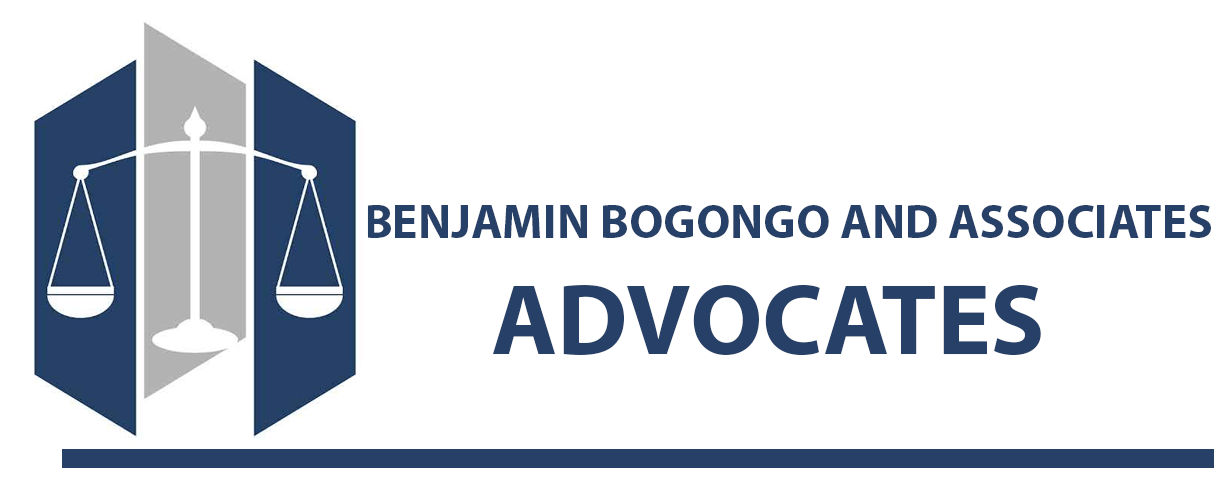REGISTRATION OF AN NGO IN KENYA
What Is a Non-Governmental Organization (NGO)?
A non-governmental organization (NGO) is a group that functions independently of any government with the objective of improving social conditions. NGOs are typically non-profit institutions. They are sometimes called civil society organizations and are established on community, national, and international levels to serve a social or political goal such as a humanitarian cause or the protection of the environment.
For example, NGOs might focus on activities in areas involving health or health emergencies, education, infrastructure, advocacy of minority rights, support of the poor, and the reduction of crime.
There has been a significant change in the legal framework for non-governmental organizations (NGOs). The Public Benefit Organizations (PBO) Act has replaced the previous Non-Governmental Organizations Coordination (NGO) Act.
Here are the key points:
1. Operationalization of the PBO Act: President William Ruto announced the operationalization of the PBO Act on May 9, 2024. This move consolidates the operations of civil society into a predictable legal regime, streamlining their activities.
2. Repeal of the NGO Act: The PBO Act replaces the NGO Act, creating a new legal, regulatory, and institutional framework for non-profit organizations engaged in public benefit work in Kenya. This simplifies the registration process and provides clarity for NGOs
3. Under the PBO Act, NGOs will find it easier to register and will also enjoy tax exemptions.
NGO REGISTRATION REQUIREMENTS
1. A copy of a valid police clearance (certificate of Good Conduct including the finger prints and receipts) for Kenyans, and equivalent notarized clearance certificates for foreigners from their countries of origin which are not be more than six (6) months Old.
2. A draft constitution of the proposed NGO, which must be signed by the proposed three (3) top officials and the two (2) board members. Two (2) copies should be signed by all the proposed board members on the execution page, and by at least one of the proposed officials on each page.
3. A list of other board members.
4. Contact details of the proposed organization.
5. Copies of IDs/Passports and KRA PIN Certificates for the proposed officials and Board members. Please note that at least One third (1/3) of all the board members should be Kenyan for all foreign based NGOs.
6. Details of the 3 top officials.
7. Information stating the organization’s contact person.
8. Minutes authorizing the filing of the application with a specific agenda and resolution.
9. Proposed one year budget.
10. The charitable objectives of the organization.
11. Two colored passport size photographs, on a white background, of the proposed 3 top officials and two other board members.
POST REGISTRATION REQUIREMENTS
1. Bank letters
a) Request letter.
b) Minutes authorizing account opening and signed by three top officials
2. Change of officials
a) Duly filled Form 13 (outgoing and incoming officials)
b) Duly filled Form 3 and addendum to Form 3 for incoming officials.
c) Two passport size photos of incoming officials.
d) Copies of the ID/passport of incoming officials.
e) Minutes of meeting proposing changes.
f) Proof of death the change is a result of the date of an official.
3. Change of address
4. Amendments to the NGO’s
a) Request letter
b) Minutes of meeting proposing changes.
c) Two copies of the amended constitution highlighting the changes made
5. Change of the NGO Scope
a) Request letter.
b) Minutes of meeting proposing changes signed by three top officials
6. Change of Name
7. Replacement of lost certificate
a) Application for the same signed by 3 top officials
b) Police abstract.
c) Minutes of meeting proposing the change.
d) Copy of advert in the local dailies informing the public of the same
8. Dissolution
a. Notification signed by 3 top officials.
b. Copy of the minutes authorizing the dissolution.
NOTE
The Public Benefit Organizations (PBO) Act, which was enacted way back in 2013, came into effect on May 14, 2024.The new law, whose implementation was frozen for 11 years, outlays a comprehensive, consolidated, predictable and transparent framework for the registration and regulation of civil society entities operating within the territory of Kenya.
The Act expedites registration process, reduces chances of whimsical administrative discretion in the registration of PBOs, closes all windows for arbitrariness and offers a litany of tax and other benefits for registered PBOs. An inclusive, participatory and open society is good for Kenya. It fortifies democratic credentials and buttresses values of transparent governance.
Disclaimer
The information provided in this article is intended for general legal advice and does not constitute legal advice for any specific transaction or case as each transaction presents a unique legal context, it is advisable to retain a legal adviser for specific transactions.
To contact Benjamin Bogongo and Associate Advocates, send us an email at info@benjaminadvocates.com or call +254 793026449 or WhatsApp at your convenience. Our legal team consists of experienced lawyers in the NGO registration process in Kenya and will be happy to help you.
